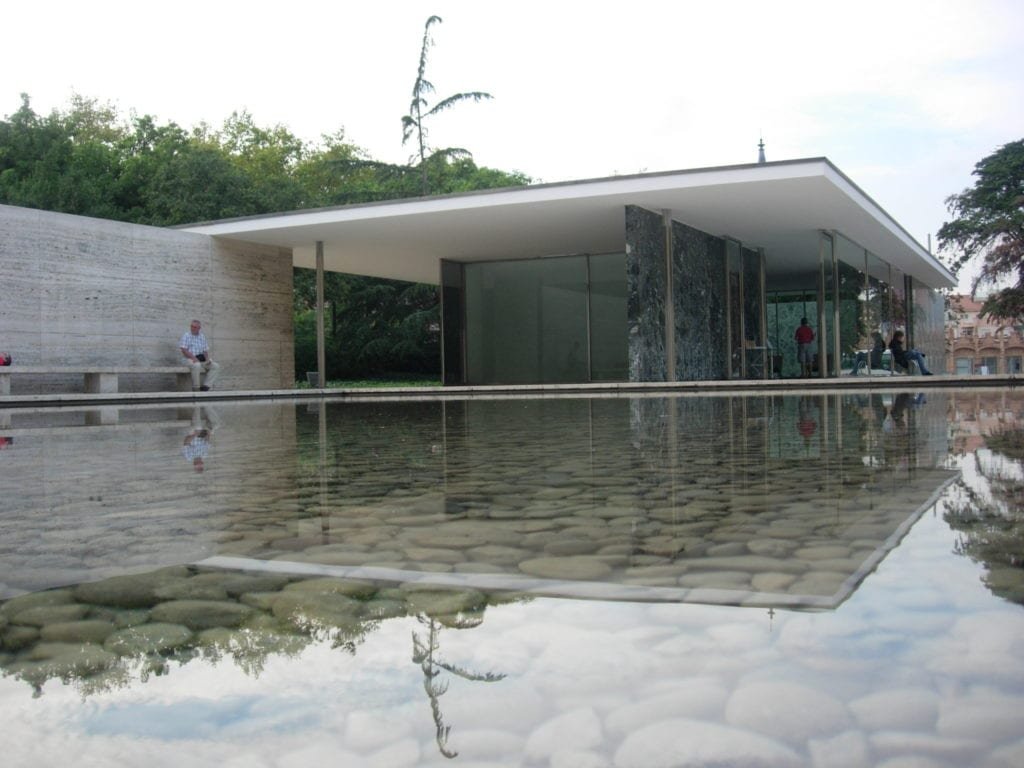The choice by the WA Authorities to considerably delay implementation of the most recent updates to the Nationwide Building Code (NCC) is ‘deeply regarding at a time when power effectivity is essential for supporting financial stimulus’, says the Australian Sustainable Constructed Setting Council (ASBEC).
ASBEC president, professor Ken Maher says that stalling the introduction of higher requirements for brand new buildings and fitouts will solely delay the advantages to companies, households and the broader economic system.
“It is a disappointing final result. The modifications within the 2019 Code had been developed by means of intensive engagement with business and utilizing evidence-based analysis. COVID-19 restrictions have impacted on building productiveness and acceptable concessions will be made to accommodate last-minute delays.”
“But, with out broader session, the WA Authorities has deferred the implementation of the modifications by a complete 12 months, which implies delaying the financial profit to power customers and companies. Such a choice makes completely no sense within the present surroundings, the place each financial lever is essential,” says Maher.
ASBEC government director Suzanne Toumbourou says that failure to behave decisively on carrying ahead the modifications presents a missed alternative.
“The proof is in. Higher performing buildings ship a myriad of advantages reminiscent of lowered power payments for family and enterprise customers, diminished stress on the electrical energy community and helps a least value pathway to decarbonisation.”
Analysis by ASBEC and ClimateWorks in 2018 confirmed that sturdy power requirements for brand new buildings in Western Australia might, between now and 2050, cut back power prices by as much as $four billion, ship at the very least 10 million tonnes of cumulative emissions financial savings and save households as much as $1,000 per 12 months in power payments. Nationally, stronger power requirements might cut back power payments by $27 billion and lower power community prices by as much as $12.6 billion.
The newest replace to the NCC represented the primary main overhaul of the business provisions since 2010 and delivered a bundle of measures centered on lowering business power consumption by a possible 35 per cent, promising to usher in a significant step-change across the nation.
“Within the weeks and months forward, we’d like management that delivers for each a part of the economic system, together with our buildings. Ramping up building high quality and effectivity needs to be a key a part of each authorities’s arsenal to drive extra financial advantages notably at this essential time,” says Toumbourou.
“The Nationwide Building Code units minimal requirements for all new buildings and fitouts, so adopting the most recent modifications to the Code needs to be one of many first locations that governments look to ship improved building power efficiency,” she provides.

As an architecture and interior designer, I am passionate about creating spaces that inspire and delight those who inhabit them. With over a decade of experience in the industry, I have honed my skills in both the technical aspects of design and the art of crafting beautiful, functional spaces.
After earning my degree in architecture, I began my career working for a prestigious firm where I was exposed to a wide range of projects, from commercial buildings to high-end residential properties. During this time, I developed a keen eye for detail and a deep appreciation for the importance of form and function in design.
In recent years, I have struck out on my own, founding my own design studio where I have been able to further explore my passion for interior design. I believe that a well-designed space can transform the way people live and work, and I take pride in working closely with clients to understand their needs and create spaces that exceed their expectations.
Throughout my career, I have been recognized for my innovative and creative approach to design, and have been honored with a number of awards and accolades. When I’m not working on design projects, you can find me exploring the outdoors or seeking inspiration in the world around me.



